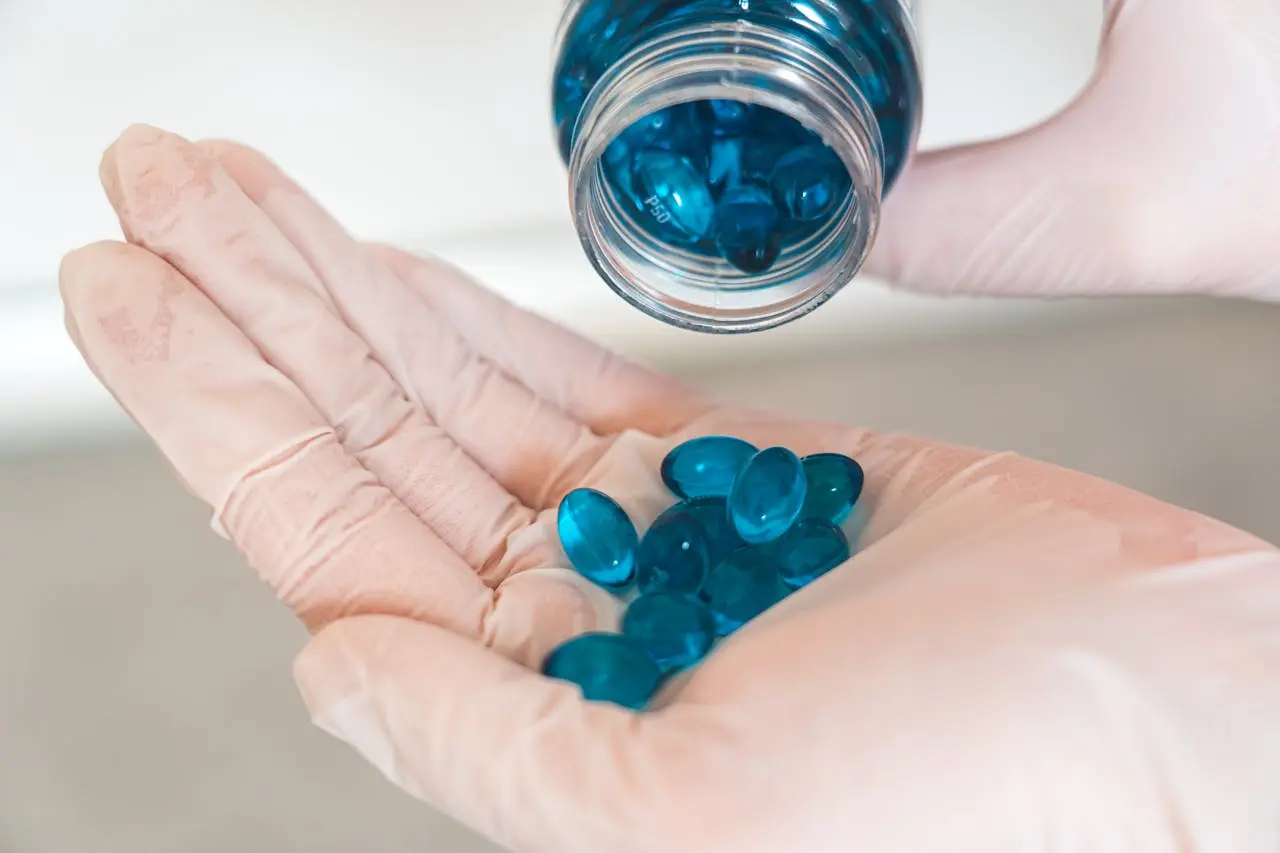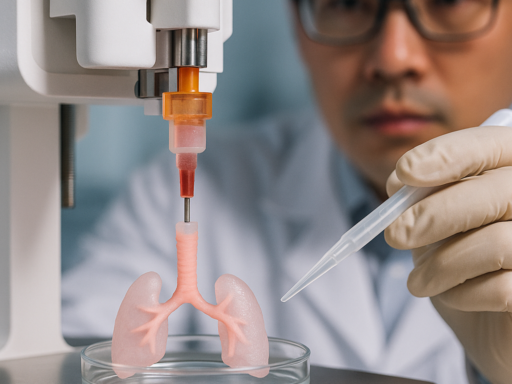The University of Nottingham has created a trailblazing method for developing 3D-printed personalized pills. “An easy pill to swallow”, as the team jokingly called it, is developed by scientists from the Centre for Additive Manufacturing and the Schools of Pharmacy and Life Sciences with the help of multi-material inkjet 3D printing. The invention makes it possible to create medications with customized drug release profiles, ensuring a precisely controlled rate.
The pills are printed using a one-of-a-kind ink formula sensitive to ultraviolet light, which forms a water-soluble structure upon printing. The interior structure of each pill is intricately designed to precisely time the release of medication.
Assistant Professor Dr. Yinfeng He from the Centre for Additive Manufacturing at the University of Nottingham said, “This is an exciting step forward in the development of personalized medication. This breakthrough not only highlights the potential of 3D printing in revolutionizing drug delivery but also opens up new avenues for the development of next-generation personalized medicines.”
The study, just published in Materials Today Advances, shows how Multi-material InkJet 3D printing (MM-IJ3DP) can be used to tailor pharmaceuticals for individual patient needs. The groundbreaking thing about the method is that it allows for the printing of multiple drugs in a single pill, blending complex medication regimens into a single dose.
Professor Felicity Rose from the School of Pharmacy added, “The future of prescribed medication lies in a personalized approach, and we know that up to 50% of people in the UK alone don’t take their medicines correctly and this has an impact on poorer health outcomes with conditions not being controlled or properly treated. A single pill approach would simplify taking multiple medications at different times and this research is an exciting step towards that.”
While amazingly promising, the technology still faces challenges such as expanding the range of materials supported by the formulations. The team continues research to address these challenges and improve the feasibility of MM-IJ3DP for widespread application in tailored patient care.






